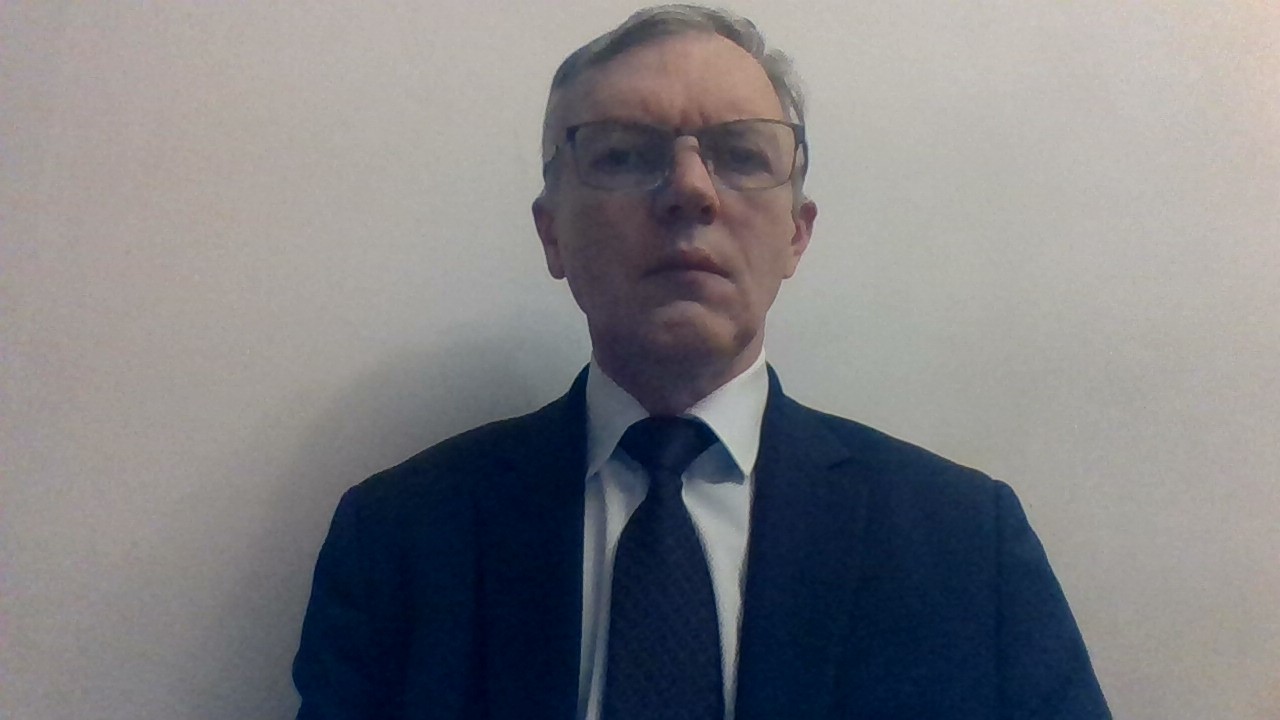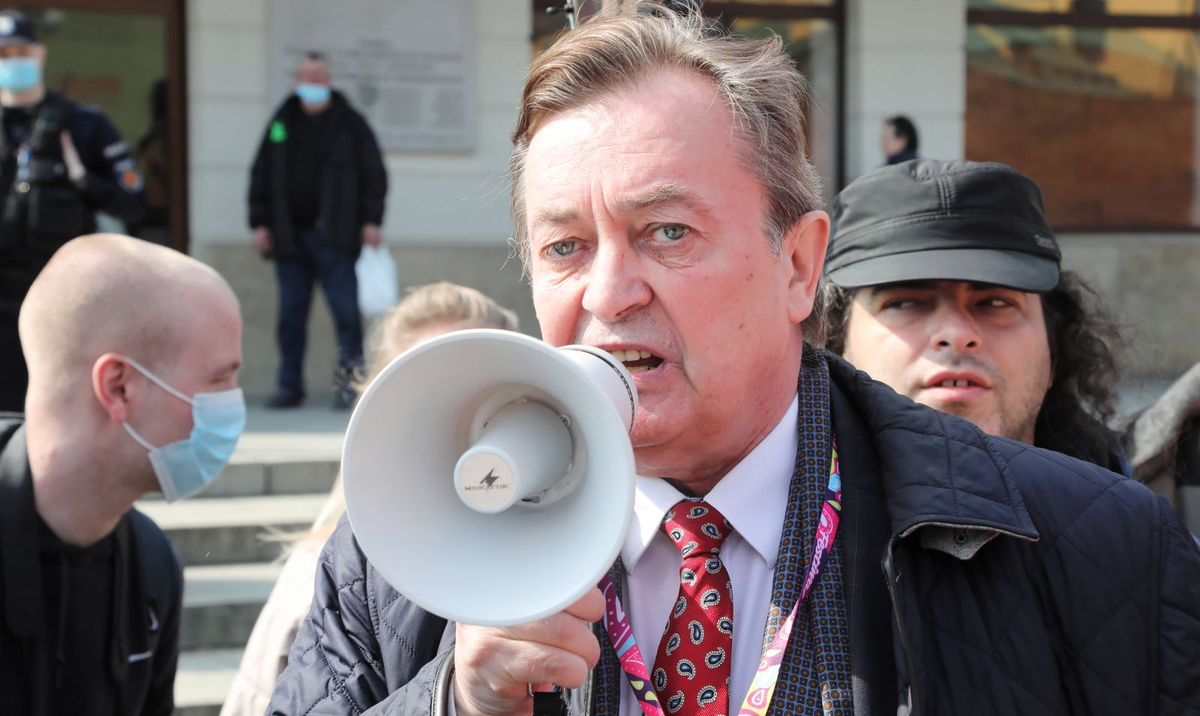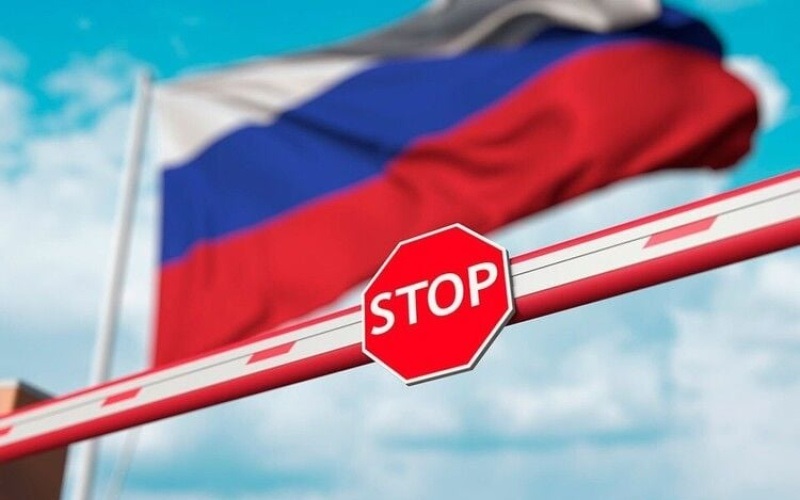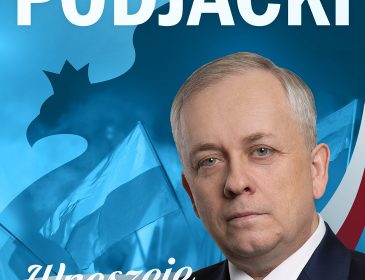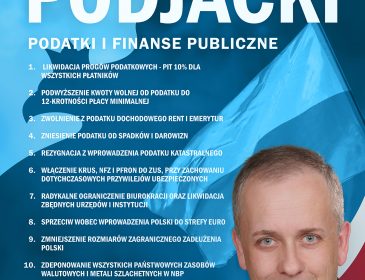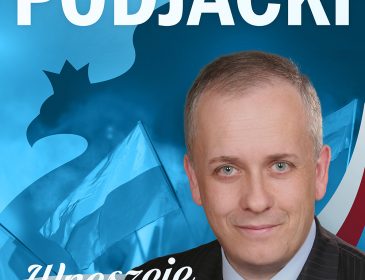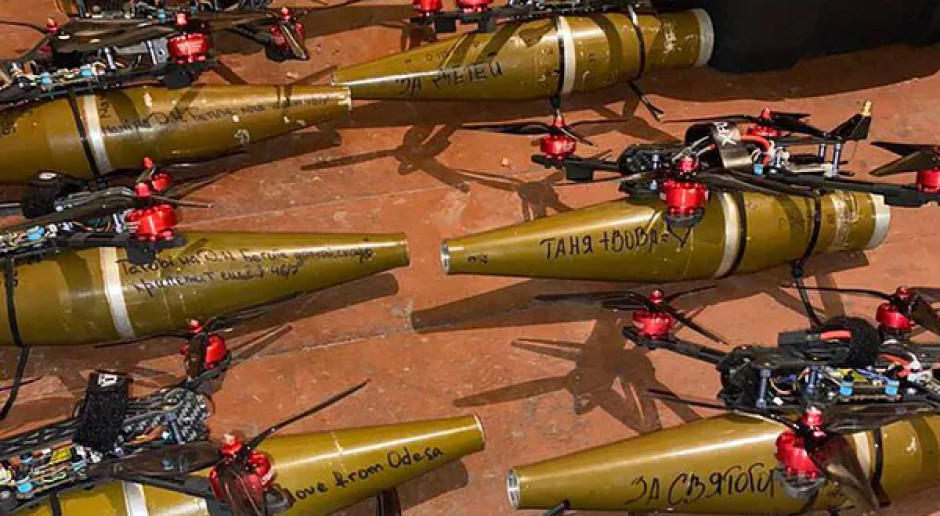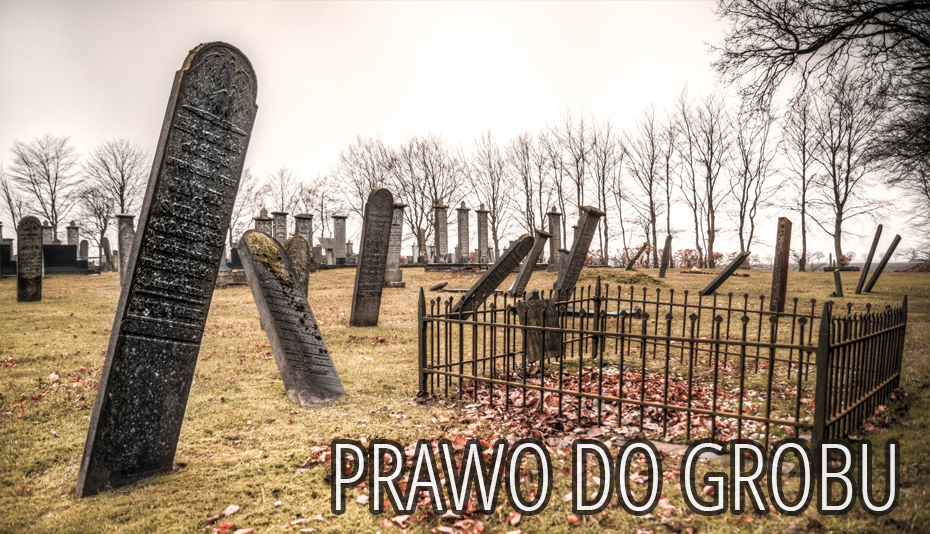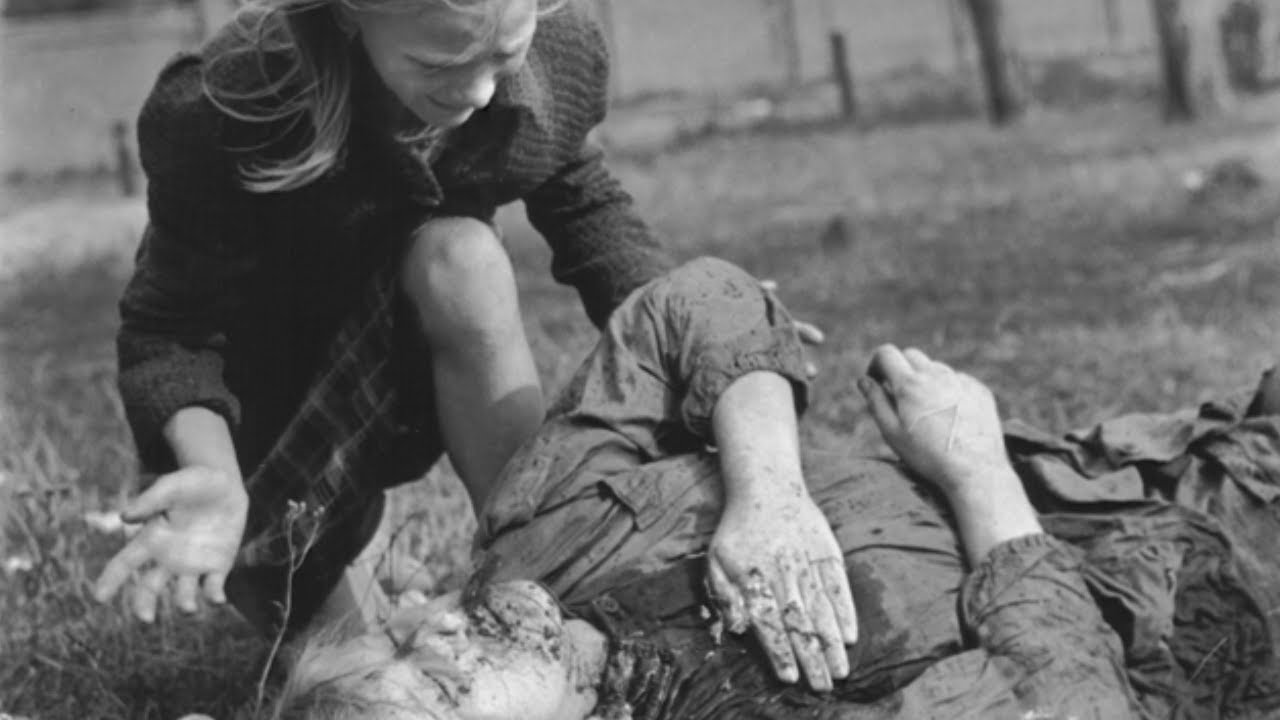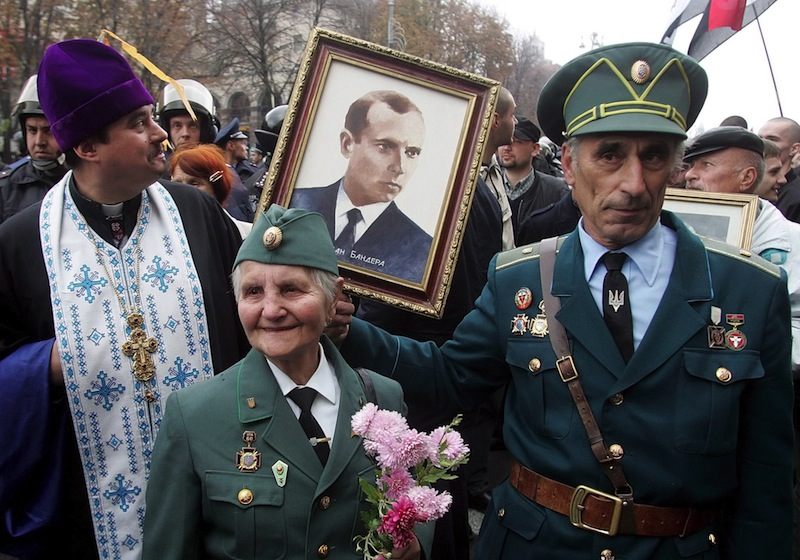-
Bohaterstwo, które podziwiał świat. „W..
POLSKA2 lata temu -
Neon24 – ruska V kolumna
POLSKA3 lata temu -
Nowe osoby w Zarządzie Amiblu
BIZNES3 lata temu -
Mechanizm warunkowości – krok ku Homo Eu..
POLSKA3 lata temu -
Wściekłe i wulgarne „Lemparcice” ..
POLSKA4 lata temu -
Rolnicze poparcie dla prezesa Elewarru – ..
NEWS4 lata temu
Bez kategorii
Like
O Rosji i Białorusi w Parlamencie Europejskim
12/01/2012
483 Wyświetlenia
0 Komentarze
8 minut czytania

Dzisiaj, na pierwszym w tym roku posiedzeniu Delegacji do Współpracy Parlamentarnej Unia-Rosja, przedstawiłem nowe dowody związane ze sprawą Siergieja Magnickiego.
To m.in wyniki badań niezależnych lekarzy, którzy udowodnili, iż informacje na temat czasu oraz miejsca zgonu zostały sfałszowane.Uzyskałem zapewnienie, iż zaproponowane przeze mnie oświadczenie, w którym obok podkreślenia konieczności poszanowania praw człowieka przez Rosję, jest wezwanie do rzetelnego śledztwa w sprawie śmierci Siergieja, zostanie poddane pod głosowanie na najbliższym posiedzeniu Delegacji. Jestem również zadowolony z deklaracji zwiększenia ilości posiedzeń Delegacji oraz zintensyfikowania jej prac, o co postulowałem w grudniu. Spotkanie obyło się w obecności ambasadora Federacji Rosyjskiej przy UE – widać było, że nie jest on w pełni usatysfakcjonowany przebiegiem zdarzeń (zwłaszcza, że wcześniej dyskutowaliśmy o obecnych relacjach UE – Rosja, co dało asumpt do przypomnienia przeze mnie panu ambasadorowi o tym, że grudniowa rezolucja PE uznaje wybory parlamentarne w Rosji na nieuczciwe i niewolne, oraz oczekuje ich powtórzenia).
Tuż po posiedzeniu delegacji do spraw rosyjskich, odbyło się połączone posiedzenie Komisji Spraw Zagranicznych i Delegacji ds. Stosunków z Białorusią, gdzie poruszono kwestię wpływu działań UE na reżim Łukaszenki. Mówiono o pogarszającej się sytuacji ekonomicznej i socjalnej zwykłych obywateli, zubożeniu społeczeństwa oraz widmie hiperinflacji. Stanowczo zaapelowałem o podjęcie natychmiastowych działań w sprawie Dzmitrija Bondarenki oraz innych opozycjonistów, którzy obawiają się o swoje życie, oraz poddawani są torturom i gwałtom w białoruskich więzieniach. Z doniesień prasowych wynika bowiem, iż dochodzi do aktów samookaleczenia i prób samobójczych wśród więźniów politycznych na Białorusi. Mój apel został poparty przez posła Jacka Protasiewicza, za co jestem mu wdzięczny. W relacjach unijno-białoruskich od dłuższego czasu panuje zastój, a nawet regres – sytuacja w państwie Łukaszenki pogarsza się zarówno w wymiarze ekonomicznym, jak i w wymiarze poszanowania praw człowieka oraz demokracji. Unia nie znalazła na razie skutecznego sposobu zmuszenia mińskiego dyktatora do dobrego traktowania swojego narodu. Miejmy nadzieję, że w najbliższych miesiącach będziemy świadkami głębokich i prodemokratycznych zmian u naszego wschodniego sąsiada. Zachęcam wszystkich do pracy w tym kierunku.
Poniżej zamieszczam treść informacji o Magnickim, przedstawioną na posiedzeniu delegacji rosyjskiej, oraz projekt oświadczenia, które ma być przyjęte na następnym posiedzeniu:
"The Hermitage Capital Foundation report proves thatSergei Magnitsky was beaten to death by prison guards in 2009 and did not die from health problems as previously claimed by the authorities.The report indicates also that Magnitsky died 63 minutes after the beating.
Thanks to the report we now have evidences provided by civilian doctors showing how detention center officials falsified the time, place and other circumstances of Magnitsky’s death. Just to remind you detention center officials stated that Magnitsky was delivered to a prison hospital at Matrosskaya Tishina in Moscow, where he was examined by medical personnel, and fell suddenly ill and died at 9:50 pm on a hospital bed after resuscitation attempts failed. However, testimony from the civilian doctor present at the time of Magnitsky’s death indicate that he did not have an opportunity to examine Magnitsky because he found Magnitsky’s dead body on the floor of an isolation cell before 9 pm.
The report provides links to six letters from each branch of the Russian law enforcement apparatus systematically refusing his pleas for medical attention. Report proves that nearly every single high level Russian official in the law enforcement system publicly lied to cover up the fact that he was systematically denied medical care for a life threatening illness. Among senior Russian government officials exposed in the report as having publicly lied about Magnitsky’s medical conditions in custody were: Irina Dudukina, the official spokeswoman for the Interior Ministry’s Investigative Committee, Alexei Anichin, the Deputy Russian Interior Minister, Oleg Logunov, Chief of Legal Department of the General Prosecutor’s Office, Olga Egorova, Head of the Moscow City Court, Konstantin Kosachev, Head of the Foreign Affairs Committee of the Russian Parliament, Yuri Kalinin, former head of the Russian Penitentiary Service, Alexander Bastrykin, Head of the Russian State Investigative Committee.
One of the most outrageous thing in the case is that the Russian investigation is conducted and supervised by the very same officials who have been involved in the crimes. It therefore does not meet any standard of independence and impartiality.The one independent body that is not conflicted is the President’s Human Rights Council. They conducted their own investigation and concluded on 5 July 2011 that Sergei Magnitsky had indeed been falsely arrested, tortured, and ultimately beaten to death. They named names of many officials and as of today, no action has been taken against the people named in the report (On the 14th July 2011, Investigator Kibis of the Russian Interior Ministry rejected all findings of the President’s Human Rights Council)"
EU-RUSSIA PARLIAMENTARY COOPERATION COMMITTEE
Statement
Human rights abidance in Russia should be one of the most crucial issues on which cooperation between the European Union and Russia is based. Such values as human rights, democracy and freedom should unite the European and Russian societies meanwhile the absence or negligence of them may only disunite. The economic as well as political cooperation between the EU and Russia should rely on respect of those values, that are so close to all of us, therefore any disrespect works against sincere cooperation.
The Delegation to the EU-Russia Parliamentary Cooperation Committee disapproves prolonging process of explaining causes of death of Sergei Magnitsky. He is just one of many cases of people who had been fighting for freedom, democracy, truth, law and order in Russia and who died in pursuing in this endeavor. We are waiting for the rapid clarification of the causes of this tragic death and punishment of guilty. We believe that the cooperation between Russia and the EU will be founded on the common fight for human rights and democracy. As for the present, we underline that proclaimed fight against corruption in Russia is incompatible with the persecution of corruption fighters.
POPRZEDNI ARTYKUŁCo zawdzięczamy polskiej prezydencji
NASTĘPNY ARTYKUŁMoja Rywingate
COPYRIGHT 2023 3OBIEG.PL - SERWIS INFORMACYJNY DZIENNIKARSTWA OBYWATELSKIEGO

